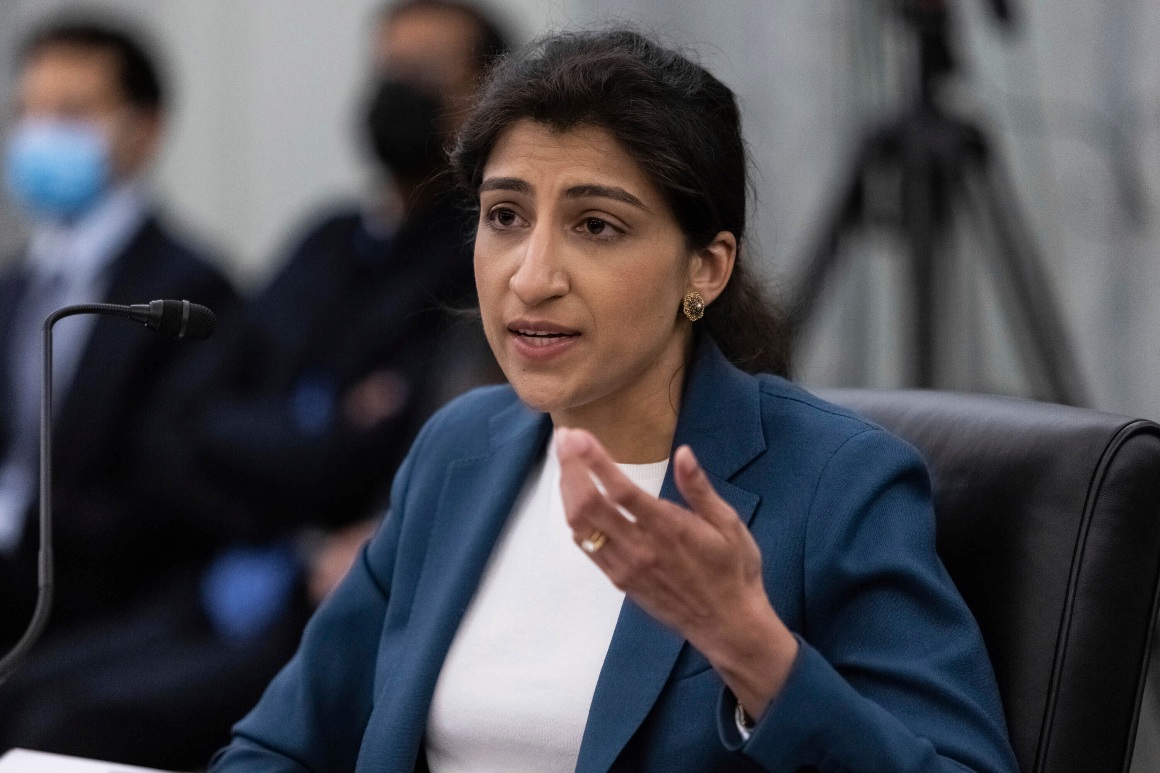As the cooler weather advances and we head into this Fall weekend, here are a few items on the most relevant trends to community bankers. We have the Federal Reserve’s plan for FedNow, the FTC steps up privacy and customer data enforcement (with personal impact on one CEO), and the OCC is preparing to increase Fintech oversight.
1. More details on FedNow real-time payments
Lynne Marek at Banking Dive looks at The Fed’s plan for next year’s planned launch of FedNow real-time payment system.
Federal Reserve banks will waive customer credit transfer fees and participation fees for the new FedNow instant payments system when it launches next year, the central bank said Thursday, giving participants a few months to try out the service at a heavily discounted rate.
On a related note, BNY Mellon announced their own real-time payment offering.
BNY Mellon has launched the Vaia aggregated payment platform to give US-based institutions access to faster digital disbursement payment options. By leveraging a single integration with BNY Mellon, institutions can now provide their payees with access to Vaia’s payment choices such as real-time payments via RTP, Same-Day ACH, Tokenized Payments with Zelle, and debit cards.
Interestingly, this capability comes from their involvement in BNY’s partnership Accelerator Program this spring.
2. CEO singled out for sanctions by FTC for firm’s data breach
The FTC announced a settlement with Uber subsidiary Drizly. Of note, provisions of the settlement apply personally to the CEO and all future roles he has as executive or owner.
The proposed order will follow Drizly CEO James Cory Rellas to future businesses, requiring him to implement a security program at any companies he runs that collect information from more than 25,000 people….
In singling out Rellas, the FTC signaled it could use a wider range of tools to address data privacy abuses under the leadership of chair Lina Khan, who was widely expected to bring tougher oversight of the tech industry.
It’s worth looking at the extent of the prescriptive security, retention, and audit measures the FTC has mandated as part of the settlement.
The intent of the FTC is made clear in Chair Khan’s statement on the settlement:
Overseeing a big company is not an excuse to subordinate legal duties in favor of other priorities. The FTC has a role to play in making sure a company’s legal obligations are weighed in the boardroom. Today’s settlement sends a very clear message: protecting Americans’ data is not discretionary. It must be a priority for any chief executive. If anything, it only grows more important as a firm grows.

3. OCC signals increased oversight on Fintech
The OCC has announced plans to create an Office of Financial Technology next year.
Acting Comptroller of the Currency Michael J. Hsu stated “The establishment of this office will enable us to be more agile and to promote responsible innovation, consistent with our mission”…. The office will provide strategic leadership, vision, and perspective for the OCC’s financial technology activities and related supervision.
“I believe FinTechs and big techs are having a large impact and warrant much more of our attention,” Hsu said… He argued that the rise of FinTech companies into the traditional financial sector, including through partnerships with banks, has led to more complexity and “de-integration” in the banking sector.
For most community bankers, this is a welcome change to regulation and oversight for Fintech that has had a spotty or non-existent track record so far.
And that wrap this week up. It’s an uneasy world for the overeducated.. Thanks for reading. We love to hear from all of you at blog@mindspaninc.com. Let us know what you think.

